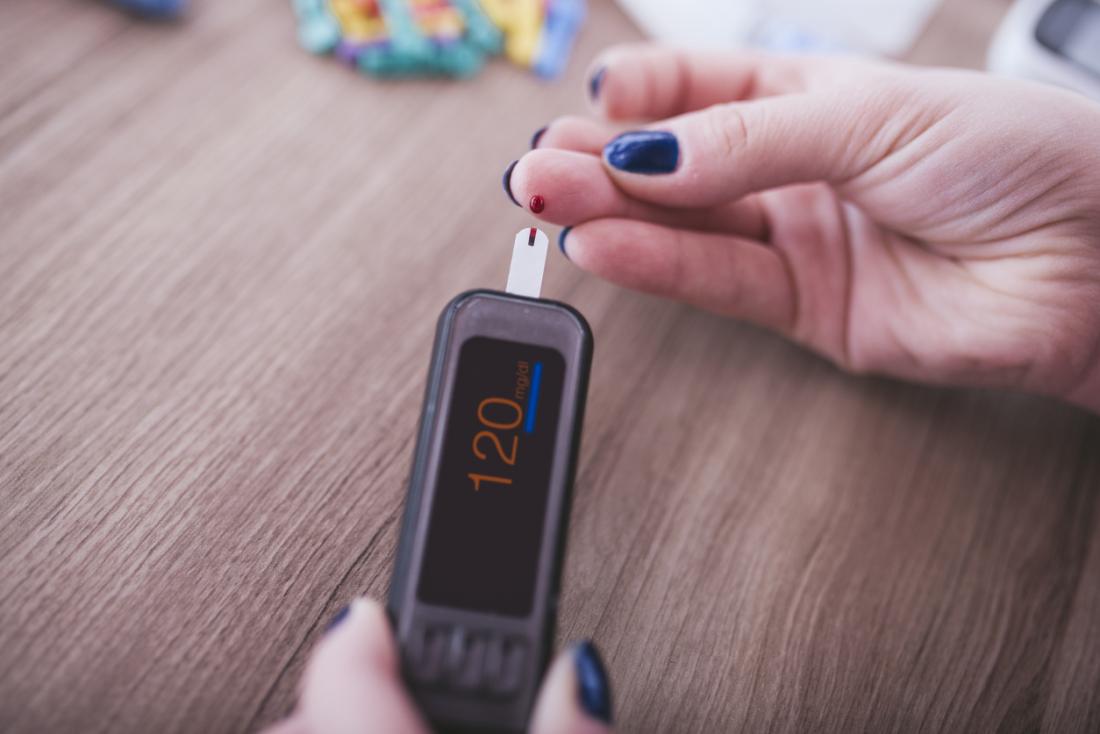Contents:
- Medical Video: Is obesity in our genes? Study strengthens genetic link to body size
- Get to know genetics in the human body
- Why does exercise often affect a person's genetics?
- Other things that can affect the body's genetics
- Effects of methylation on muscles
- Effects of methylation on metabolism
Medical Video: Is obesity in our genes? Study strengthens genetic link to body size
Often exercise has been proven to prevent various chronic diseases. The protective effect is obtained through several physiological processes of the body, such as increasing metabolism, improving blood flow, and increasing oxygen intake.
But research in recent years has also found a change in activity in the body to the smallest cell level triggered by frequent exercise.
Get to know genetics in the human body
Cells that are the smallest part of the arrangement of organisms that have a collection of genetic material or genes. The main function of genes is as blueprint cell formation and also regulates the process of inheritance.
At a higher level, genes form collections called genomes that function to regulate cell activity and form cells as a result of genetic expression processes. Genome works specifically and has a large influence on the physiological mechanisms of human organs.
The way the genome works in the human body is a complex and dynamic matter with fluctuating levels of activity, depending on the biochemical signals received by the cell. When a genetic expression occurs, it will trigger a physiological response to certain parts of the body. Researchers believe that the increase and decrease in genetic activity in a person's body can be influenced by exercise.
Why does exercise often affect a person's genetics?
Exercise can affect human genetics without changing the composition of genetic material or DNA in the body. Physical activity affects the process of genetic expression in the physiological functions of the gene itself. This process is known as methylation. Even though an organ or cell activity has been determined by DNA contained in cells, methylation can change that activity.
Methylation is the process by which a group of methyl compounds consisting of carbon and hydrogen atoms attach to the part of the gene in the cell. This triggers a change in gene activity that also affects the organ level. So that in this process, genes act as triggers of metabolic activity and organ strengthening with genes undergoing methylation.
Other things that can affect the body's genetics
The methylation process is flexible and this is not influenced only by sports. Methylation patterns can change according to lifestyle changes, especially those related to diet and exercise routines. This process can also be disturbed by other things, for example if the body is exposed to poisons so that genetic changes occur.
Nonetheless, the effects of lifestyle changes on genetics occur slowly. So to get the benefits of frequent sports against genetic changes, a healthy lifestyle needs to be done consistently.
The process of methylation is a unique process because the process is influenced by one's behavior and habits. In other words, the process of methylation in the body makes the genetic condition of a person's organ or body can be changed by lifestyle changes.
Effects of methylation on muscles
One study released in the Epigenetic journal in 2014 showed that often exercise can really increase the strength of the organs being trained. The study was conducted by trying to train only one of the participants' legs and the other foot as a comparison, then muscle strength and performance were measured by muscle biopsy. After three months, the leg muscles that are trained are far stronger than those not trained.
Changes in muscle strength are caused by changes in the structure and replacement of chemical molecule components in muscle cells. The process of methylation in muscle cells is triggered by muscle contractions and causes repeated physiological programming of muscle strength so that it slowly replaces the chemical structure and method of muscle cell metabolism.
Effects of methylation on metabolism
Besides helping cells work more efficiently, the methylation process also helps blood sugar and fat metabolism and both occur when someone is exercising. The process of methylation of glucose metabolism is by balancing metabolites that regulate blood sugar absorption and insulin function so that blood sugar levels tend to be stable.
While fat metabolism by the mechanism of methylation is by producing protein to burn body fat and slow down the process of storing food in the form of fat. The mechanism occurs with a higher intensity when someone is exercising. This is evidenced by a study in Sweden that shows with frequent exercise, your body can reduce the proportion of fat storage in large quantities after six months.












